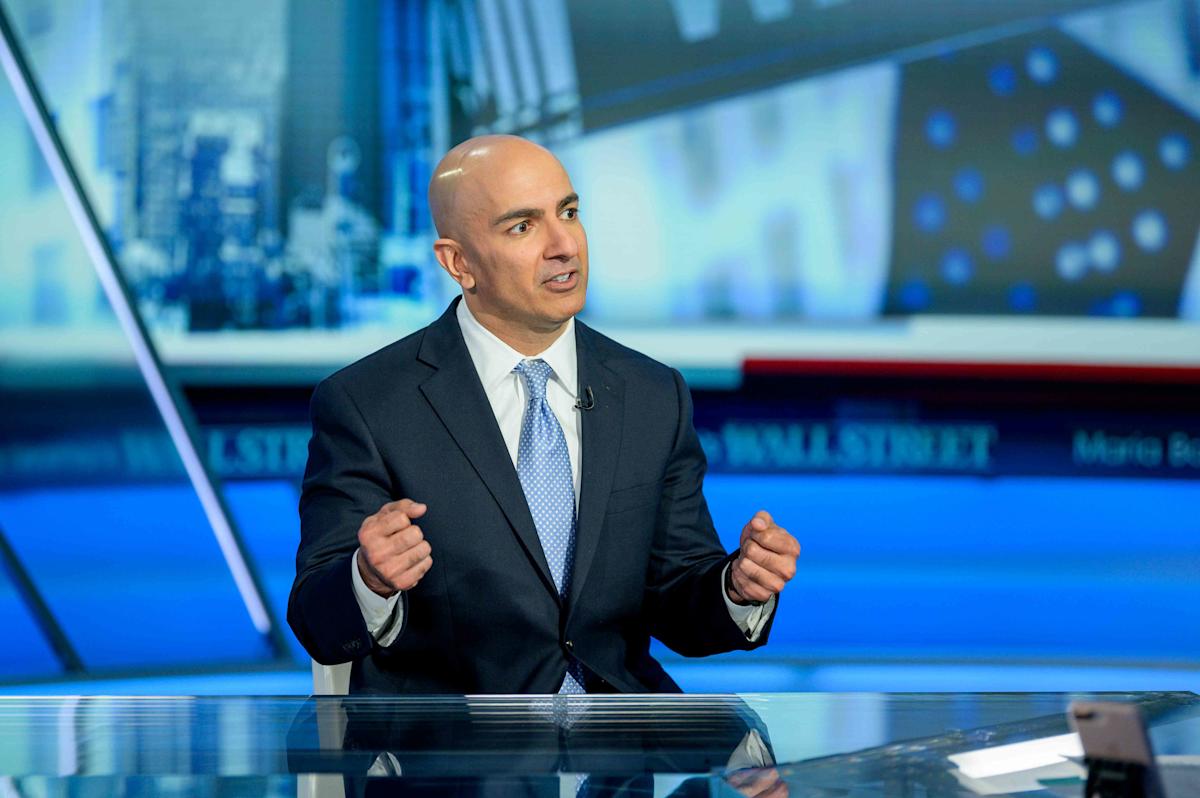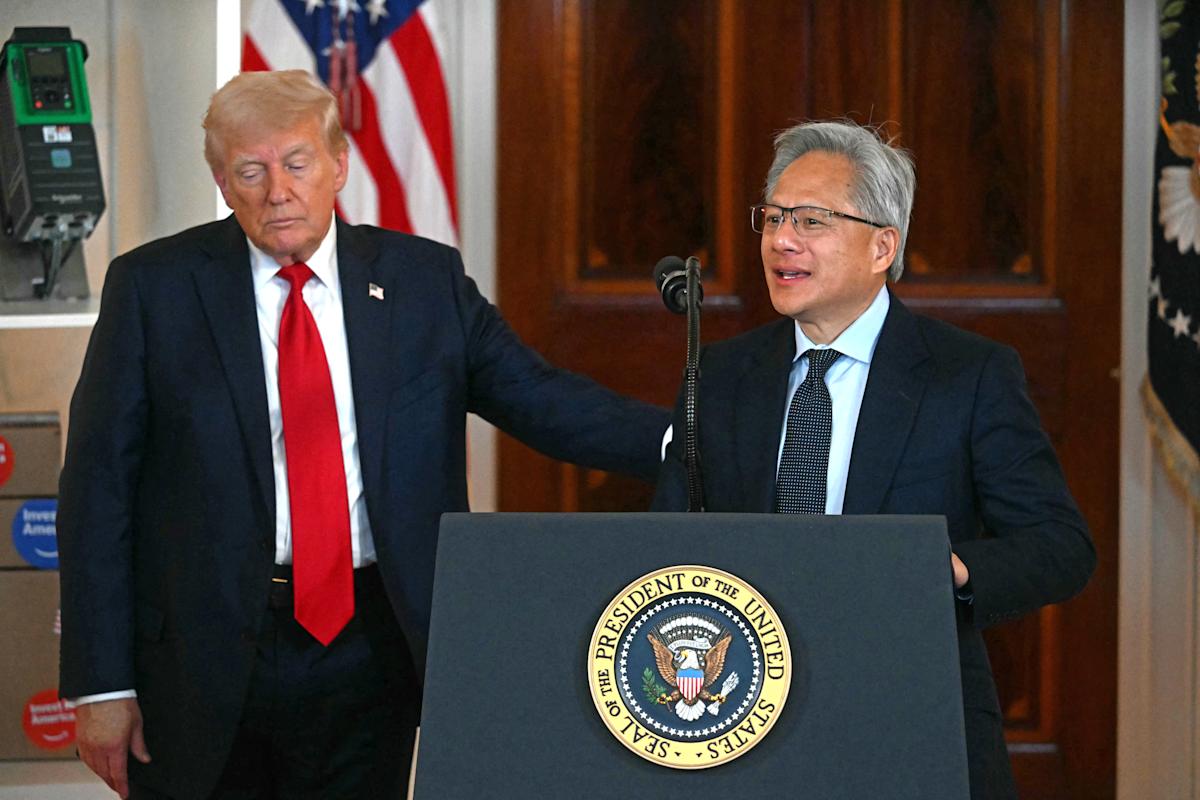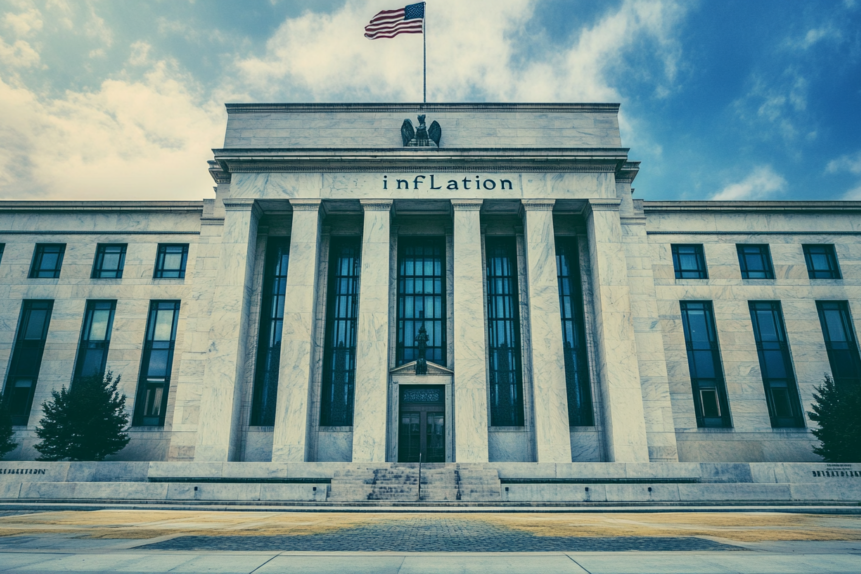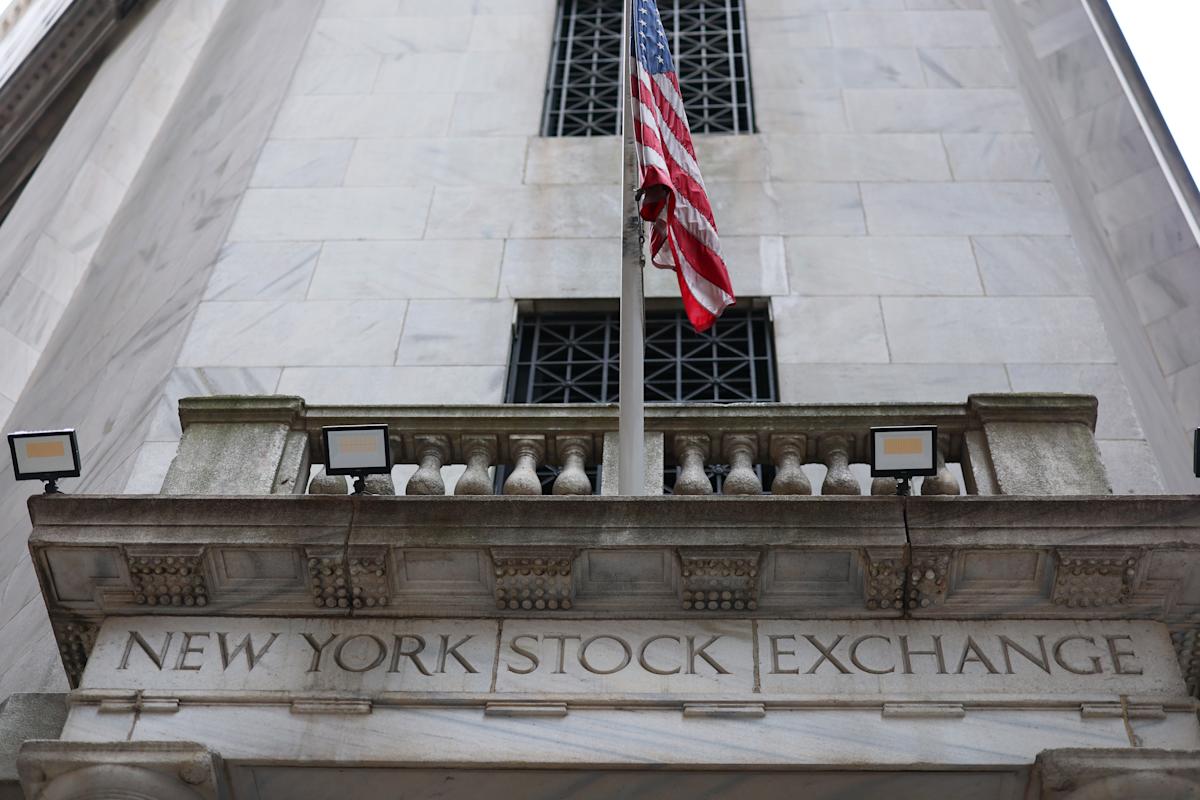U.S. Job Market Shows Resilience Amid Tariff Challenges

April Job Growth and Sector Performance
The U.S. economy added 177,000 jobs in April, surpassing economists' predictions of 130,000. This solid performance reflects resilience in the labor market despite ongoing economic uncertainties. The healthcare sector led the job gains, adding 51,000 positions. Hospitals contributed 22,000 new jobs, while ambulatory healthcare services added 21,000. Similarly, the transportation and warehousing sector posted a significant gain of 29,000 jobs, with warehousing and storage accounting for 10,000 and couriers and messengers adding 8,000. These increases underscore the strength of sectors tied to essential services and logistics.
Federal government employment, however, declined by 9,000, impacted by ongoing workforce reduction efforts. Overall, the monthly job additions were slightly below the 12-month average of 152,000, suggesting a steady but moderated pace of hiring.
Unemployment Rate and Wage Trends
The unemployment rate held steady at 4.2%, reflecting a tight labor market. Wage growth, however, showed signs of deceleration. Average hourly earnings increased by 0.2% in April, below the expected 0.3%. On an annual basis, wages grew by 3.8%, unchanged from March but slightly under the forecasted 3.9%.
This slowing wage growth could alleviate inflationary pressures, providing the Federal Reserve with additional flexibility in monetary policy. However, the subdued growth also signals potential challenges in sustaining consumer spending power, a key driver of economic activity.
Market Reaction and Economic Implications
The stronger-than-expected jobs report triggered positive reactions across financial markets. U.S. equity indices climbed, with S&P 500 futures rising by 0.7% and technology stocks gaining 0.8%. Treasury yields also moved higher, with the 2-year yield—a proxy for near-term rate expectations—increasing by 3 basis points to 3.74%. The U.S. Dollar Index, tracked by the Invesco DB USD Index Bullish Fund ETF (UUP), trimmed early-session losses following the report.
Given the labor market's stability, the Federal Reserve is expected to maintain its current interest rate levels in the near term. The April data, while encouraging, will likely be viewed as a continuation of moderate economic growth rather than a signal for immediate policy changes. Markets are pricing in a 58% probability of a rate cut at the Federal Reserve's June meeting, according to the CME FedWatch Tool.
 Sources
Sources- April Jobs Blow Past Expectations, Tariff Storm Brewing - Invesco DB USD Index Bullish Fund ETF (ARC
 benzinga
benzinga - U.S. Employers Added 177,000 Jobs April Hiring Holds
 yahoo
yahoo - April payrolls growth slows tariff impact felt
 yahoo
yahoo - Labor Market Held Steady April, Adding Jobs Expected
 investopedia
investopedia
Top News
Related Articles
- April Jobs Blow Past Expectations, Tariff Storm Brewing - Invesco DB USD Index Bullish Fund ETF (ARC
 benzinga
benzinga - U.S. Employers Added 177,000 Jobs April Hiring Holds
 yahoo
yahoo - April payrolls growth slows tariff impact felt
 yahoo
yahoo - Labor Market Held Steady April, Adding Jobs Expected
 investopedia
investopedia
People Also Watch



















